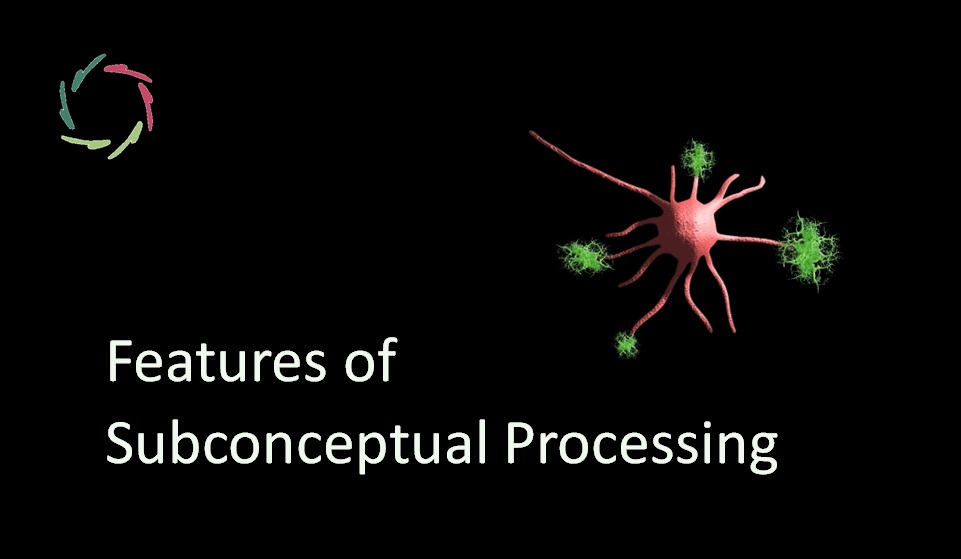Neurophilosophy

Increasingly, there is no place for philosophy apart from knowledge about the mind/brain. Individual philosophers have always been most concerned with understanding their own minds, albeit with meager means.
Meaning of life, origin of knowledge, definition of time, standard of morality, etc.
Philosophy has been going on for a few millennia in East and West and in-between. During all this time, it has been concerned with the most unusual usual questions, be it frequently in unnecessarily complex language.
In many cases, these are the questions that most people stop asking themselves (if they ever began) when growing up and restart asking themselves when becoming older. Don’t adults have time for such frivolousness?
Philosophers are a different breed.
Indeed?
Let me say this otherwise. The questions are essential to anyone, always. Many adults answer them implicitly. Many children and older people look for more explicit answers to some of the questions.
For example, children may start noticing that knowledge is more subjective than previously thought ― when their parents were still omniscient. Older people – after a lifetime of changing certainties – may start seeing that knowledge is MUCH more subjective than ever thought.
Philosophers may struggle lifelong with the conundrum of whether there is any subjective and/or objective knowledge.
Neuro brings answers to epistemology
My brain shows much processing, therefore, I am. Brainy insights show not only that, but also how knowledge is neither subjective nor objective but the result of an interplay. A neuro-based agent attains knowledge through this dual movement according to the way the brain works. Therefore, in knowing how the brain works lie answers that are unattainable in any other way. This can lead to insights into features of subconceptual processing, which carry particularly much philosophical weight.
Within this setting, a non-neuro-philosopher may take an extreme standpoint ― but only a standpoint.
Neuro brings answers to morality
There is no specific center of morality in the brain. When people talk moral, brain-wise, they talk social and especially emotionally social. This, too, cannot be pinpointed to a specific brain center but to an interplay of many.
This shows that morality is a social happening. Moreover, we can see that these brain parts (as found in humans and many animals) are ancient and evolved from very closed circle circumstances: parents and offspring bidirectionally, then small groups and widening in the course of evolution.
This shows that the basis of morality is to be found in personal love, however many golden rules or tables of don’ts and does one may concoct. Morality is real and doesn’t fall from the sky. Also, it is not endlessly culturally relative. In my take, Compassion is an excellent ethical basis for linking nature to any kind of worthwhile culture.
Neuro brings answers to meaningfulness
Again, there is no brain center where one can find the meaning of life. Even more, there is not even the possibility of such a center. nature never had the incenive to evolve one.
More realistic is the quest-for-meaning-of-life. In that case, it’s an instinct related to life. Life wants to be lived. The reverse is a fear of dying. This is innate, one way or another, in all living beings ― necessarily.
Thus, we can see that the quest for meaning should not be oriented on the meaning, but on the quest. This opens up a kaleidoscope of insights and possible advice.
By focusing on the meaning by itself, philosophy may rather hinder this endeavor.
All philosophy should be neuro-philosophy.
As in the few examples, neuro gives answers to many other philosophical questions. Some modern researchers already go this way. One may think, among others, of Daniel C. Dennett, Antonio Damasio, Patricia Churchland, and David Eagleman. These do very good jobs.
It should be realized much more.


